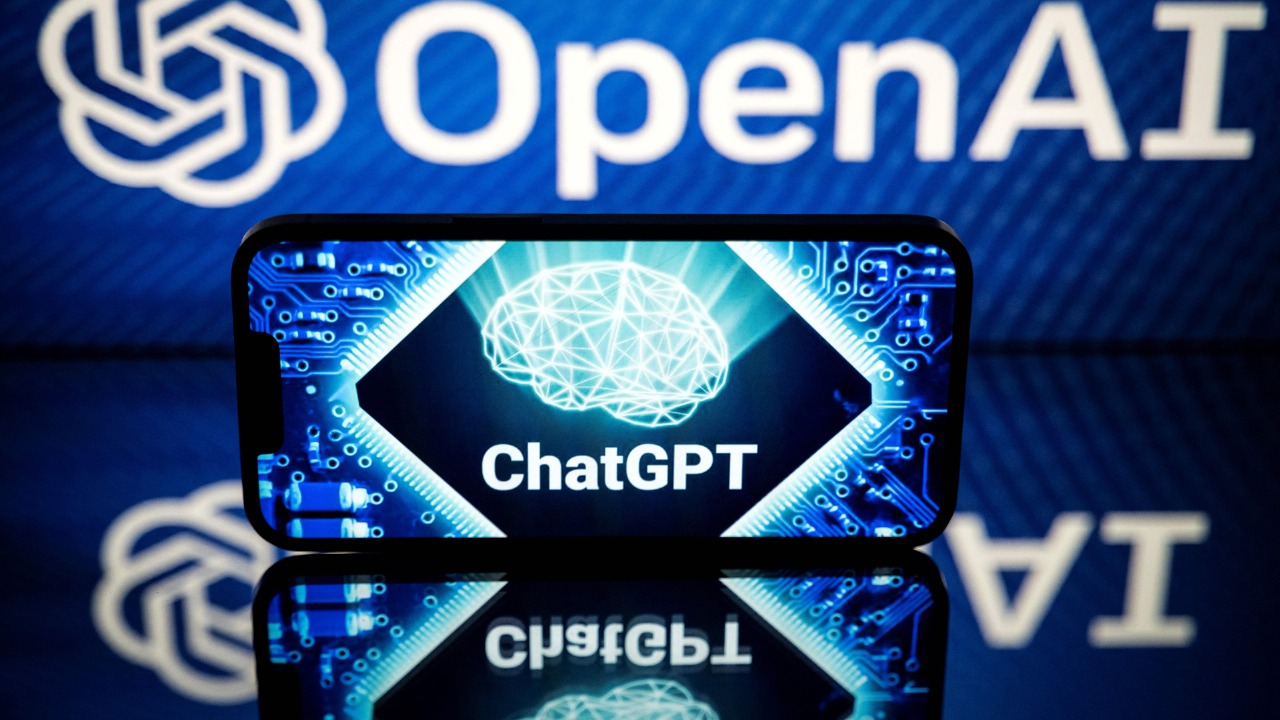
Follow WOWNEWS 24x7 on:

OpenAI has unveiled a transformative feature in ChatGPT called Study Mode, designed to shift the AI experience from quick answers to deeper, structured learning. Launched globally on July 29, 2025, Study Mode is now available to all logged-in users across Free, Plus, Pro, and Team plans, with ChatGPT Edu integration expected soon. This marks OpenAI’s most ambitious step into education technology, aiming to support students with interactive, personalized guidance that mirrors the best of human tutoring.
Key features that set Study Mode apart
1. Interactive learning experience
- Study Mode replaces direct answers with Socratic-style prompts, hints, and scaffolded responses
- Students are guided through problems step by step, encouraging critical thinking and active engagement
- The system adapts to each user’s skill level and learning goals, offering tailored feedback and pacing
2. Personalization and continuity
- ChatGPT remembers previous study sessions, allowing for seamless progression across topics
- Responses are calibrated based on user input, past interactions, and uploaded materials like notes or PDFs
- Students can toggle Study Mode on or off during a conversation, maintaining flexibility in how they learn
3. Knowledge checks and feedback
- Quizzes and open-ended questions help reinforce understanding and track progress
- Feedback is personalized, helping students identify gaps and build confidence
- The mode encourages metacognition, prompting learners to reflect on their thought process
4. Multilingual and multimodal support
- Study Mode is available in 11 Indian languages, making it accessible to diverse learners across urban and rural regions
- It supports voice, image, and text inputs, allowing students to interact in the format that suits them best
Impact and early reception
- During beta testing, Indian students reported improved comprehension and reduced fatigue when using Study Mode for subjects like Game Theory, Accounting, and Discrete Mathematics
- College students described it as a 24/7 virtual tutor that breaks down complex topics into digestible parts
- The feature performed strongly on IIT-level questions, indicating its potential for advanced academic support
Development and educational philosophy
- Study Mode was built in collaboration with educators, scientists, and pedagogy experts from over 40 institutions
- It reflects principles from learning science, including managing cognitive load, fostering curiosity, and promoting self-reflection
- OpenAI emphasized that the goal is not to do the work for students, but to guide them toward meaningful understanding
Use cases and accessibility
- Students can use Study Mode for homework help, exam prep, or exploring new subjects
- Its mobile-friendly design ensures accessibility across devices, making high-quality learning support widely available
- The feature is free and open to millions of learners, democratizing access to personalized education
What’s next for Study Mode
- OpenAI plans to enhance Study Mode based on user feedback, with future updates potentially including visual aids, goal tracking, and deeper personalization
- The company is working with Stanford’s SCALE Initiative to study how AI tools affect learning outcomes
- Findings from these studies will inform future iterations and help shape AI’s role in global education
Conclusion
Study Mode represents a paradigm shift in how students interact with AI. By prioritizing guidance over shortcuts, OpenAI is positioning ChatGPT as a true learning partner—one that fosters curiosity, builds confidence, and supports lifelong learning. As education continues to evolve in the AI era, tools like Study Mode may become essential companions in every student’s academic journey.
Sources: Moneycontrol, Indian Express, Business Standard, VentureBeat, TechCrunch, OpenAI blog



